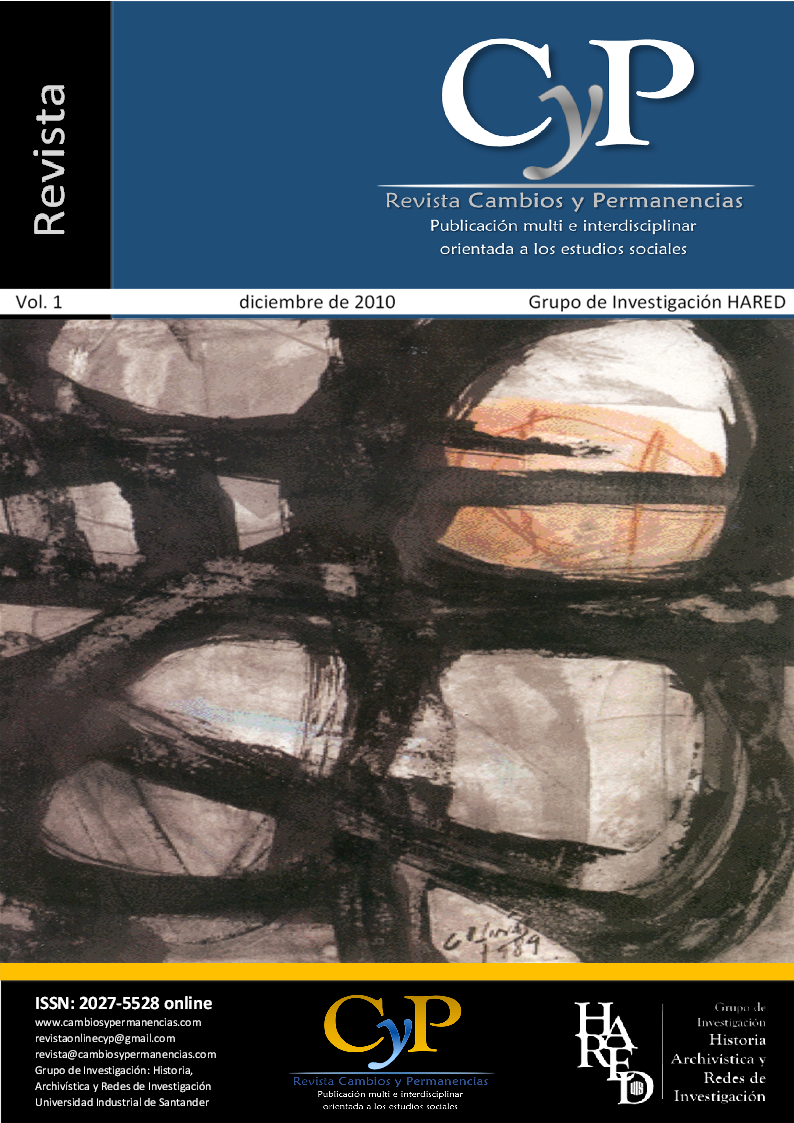Published 2010-12-06
Keywords
- Context modeling in education,
- adaptive tutoring,
- pedagogical scenario,
- Usage Tracking Language,
- learning styles
- adaptive TEL environments ...More
How to Cite
Abstract
The aim of this work is to introduce a case study to test a context modeling process proposed to help teachers/tutors make an adaptive tutorial decision when acting by TEL (Technology Enhanced Learning) environments. It attempts also to involve teachers as designers in the engineering process of a TEL system development and to support their activity of auto regulation regarding students’ guidance and assistance. This intention leads to improve teaching strategies as well as to enhance the quality of the learning objects and the learning scenario itself. In fact if the TEL system is already adaptive, by means of this approach its improvement is fostered. If it is not, the process will support its iterative transformation from predefined to adaptive. Aspects of the language UTL (Usage Tracking Language) used for the calculation of indicators that support the decision making during the tutorial action, are introduced to reveal the observed uses of the descriptive pedagogic scenario and their semantics, including the definition of the observation needs and the means used for data acquisition. The Problem Based Learning strategy is applied to develop in students, best practices in Java programming.
Downloads
References
Bruner, J. S. (1983). Child's talk. New York: W. W. Norton.
Choquet, C. & Iksal, S. (2007). Modeling tracks for the Model Driven Reengineering of a TEL System. Journal of Interactive Learning Research, 18 (2), 161-184.
Després, C. (2001). Modélisation et Conception d'un Environnement de Suivi Pédagogique Synchrone d'Activités d'Apprentissage à Distance, (Thèse de Doctorat), France.
Felder, R. (1996). Matters of Style. ASEE Prism, 6(4), 18-23.
Felder, R. (2010a). Richard Felder’s Education-Related Publications. Recuperado de http://www4.ncsu.edu/unity/lockers/users/f/felder/public/Papers/Education_Papers.html#Tests
Harrer, H., Martinez-Mones A., & Dimitracopoulou A. (2009). Users’ data: collaborative and social analysis, Technology-Enhanced Learning – Principles and Products. En N. Balacheff, S. Ludvigsen, T.de Jong, A. Lazonder, Sally B., L. Montandon (Eds.), Dordrecht : Springer Verlag (pp. 175-193).
ILS: Index of Learning Styles. Recuperado de http://www4.ncsu.edu/unity/lockers/users/f/felder/public/ILSpage.html.
Interaction and collaboration analysis supporting teachers’ and students’ self-regulation. (2004). ICALTS JEIRP delivers 1, 2 and 3. Recuperado de http://www.rhodes.aegean.gr/ltee/kaleidoscope-icalts.
Interaction analysis supporting participants in Technology-Based Learning activities. (2005). IA JEIRP delivers 1, 2 and 3. Recuperado de http://www.rhodes.aegean.gr/ltee/kaleidoscope-ia.
Koper, R. (2001). Modeling units of study from a pedagogical perspective: the pedagogical metamodel behind EML. Netherlands: OUNL Technical report, Heerlen.
Lium. (s.f.). Recuperado de http://sciences.univ-lemans.fr/L-I-U-M-Laboratoire-d-Informatique.
Pedalo. Research project at LIUM lab: support to learning Java programming by the Hop3X environment. France: Université du Maine.
Peña, C.I. (2008). Adaptive and assisted educational hypermedia. VDM Verlag Dr.Müeller e.K.
Pham, T. N. D.; Iksal, S. & Choquet, C. (2010). Re-engineering of pedagogical scenarios using the Data Combination Language and Usage Tracking Language. The 10th IEEE International Conference on Advanced Learning Technologies.
REDiM: réingénierie des EIAH dirigée par les modèles : research project at LIUM Lab. Frances: Université du Maine.
Université du Maine. http://www.univ-lemans.fr/fr/index.html

